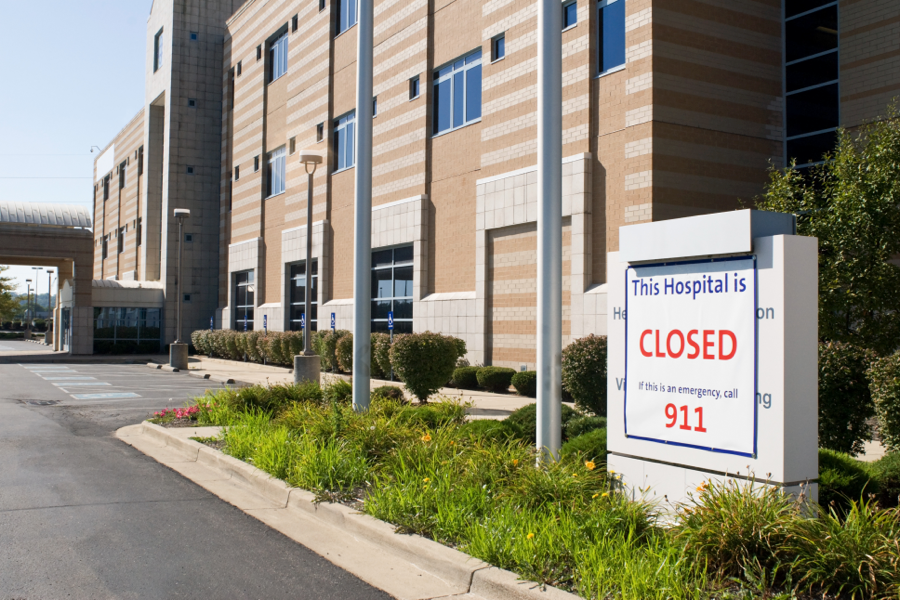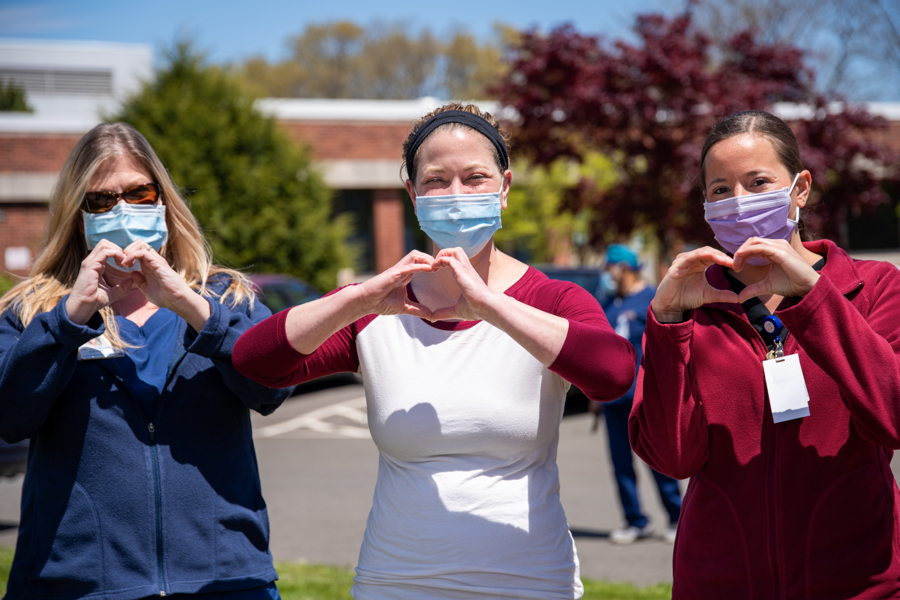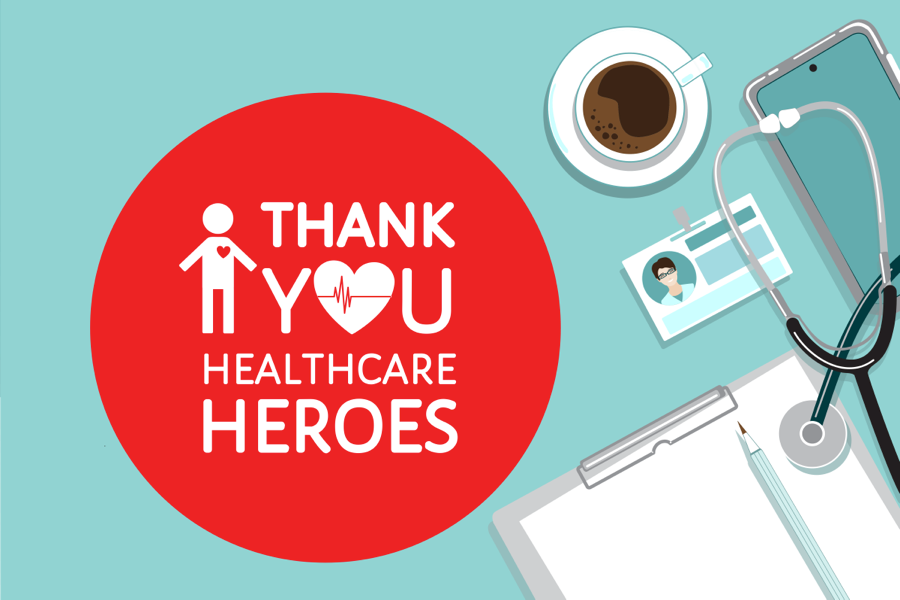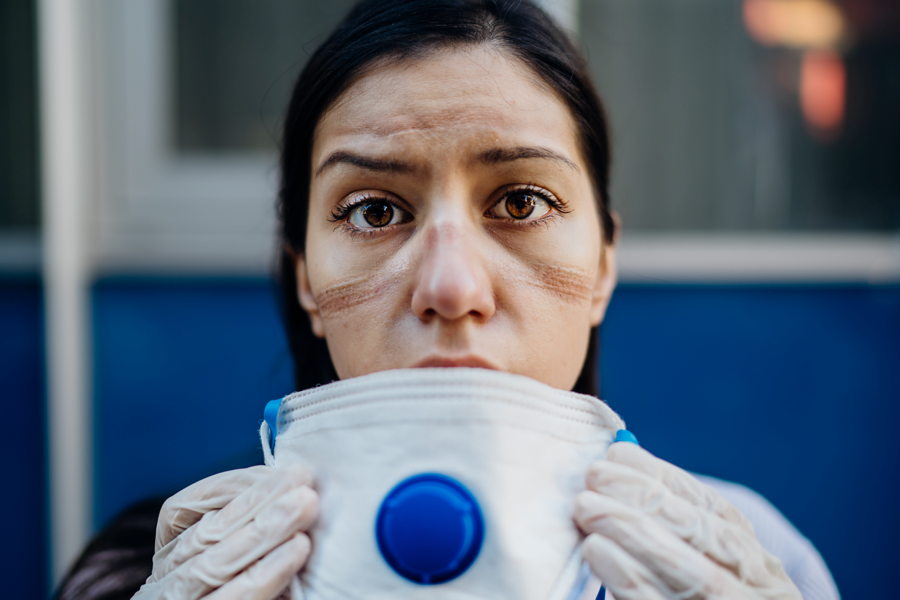
NEWS & RESEARCH
Nurses Ranked Most Honest Profession 18 Years in a Row
-
 EveryNurse Staff
EveryNurse Staff
- Last Updated: 07/08/2020

Each year, Gallup asks U.S. adults to rate the honesty and ethical standards of people in various fields. For the 18th year in a row, Americans named nurses as the most honest and ethical of all professions in 2020. Compared to other years, though, this could be the most important year to be the nation’s most trusted professional.
About the Gallup Poll
The American analytics and advisory company asks respondents to rate the honesty and ethical standards of each profession as “very high,” “high,” “average,” “low,” or “very low.” Currently, 84 percent of Americans rated the honesty and ethics of nurses as “very high” or “high.”
Nurses outranked a number of other healthcare professionals, including physicians, pharmacists, dentists, psychiatrists, and chiropractors. They also beat out engineers, police officers, college teachers, journalists, and even clergy.
Some professions, such as stockbrokers, insurance salespeople, advertising professionals, senators, members of Congress, and car salespeople, garner less than 20 percent of the “high” level of honesty and ethics vote.
Nurses have a stellar reputation for honesty and ethics for a number of reasons. One of the main reasons is that nurses work closely with the public, providing competent and compassionate care while remaining respectful and mindful of each patient’s privacy rights. Nurses combine clinical expertise and sheer altruism to heal others, relieve pain, explain complicated medical terms, bring hope, and hold steady a trembling hand in the darkest of nights.
Nurses also have a solid education. Nursing school is intense, with courses in anatomy, microbiology, chemistry, nutrition, psychology, and other subjects that would boggle the minds of other very smart people. Clinical training is even harder – student nurses must put the knowledge they have gained in the classroom to the test on real patients. There is no faking what a nurse knows, and there are no shortcuts to a nursing degree. The public knows that nurses are real and that they can trust the advice nurses give.
Their reputation for compassion is another reason people trust those in nursing. Nurses in big cities provide compassionate care for people they have never met before and will not likely meet again; nurses in small towns care for their neighbors. Both urban and rural nurses make a lifelong commitment to helping anyone and everyone.
Nurses are a familiar face to hospital patients, who often see a dizzying array of doctors, technicians, housekeepers, and administrators in a single shift. Nurses provide continuity of care, frequently providing care for several days throughout their patients’ stay. This feeling of familiarity provides comfort, especially to patients who are extremely ill or who receive very few visitors.
Being a nurse is not easy, though. Nurses have demanding schedules, often on their feet for an entire shift. In fact, the nurse participants in a 2006 study walked an average of 4 to 5 miles during a 12-hour shift, all while administering medications, performing or assisting in procedures, providing comfort, and making critical life-or-death decisions about patient care.
In addition to being scientific and fast-paced, the work of nurses is emotional. Nurses help us through some of the most difficult times in our lives – during childhood illnesses, hospitalizations, chronic illness, and even the death of a family member. They are also there for us during the best times in life, including the birth of a child. Nurses help patients and their families navigate through a range of emotions.
Nurses are advocates for patients and families who may not have a voice of their own. They make sure patients are heard when they need it the most. Nurses can identify health issues in patients and their families, such as addiction or mental illness, and help connect families with the resources they need to overcome these problems.
Nurses Provide the Honesty, Integrity, and Hope We Need Today
Long before Florence Nightingale established several important nursing and infection control principles that helped the world overcome cholera, nurses faced numerous pandemics with unflinching courage. Thousands of women worked on the front lines as nurses during the yellow fever pandemic that swept the nation from the late 1700s through the late 1800s, for example, and Clara Maass volunteered to be bitten by a mosquito to prove the disease spread through the bite of that insect.
Nurses also led the charge with the sustained mass immunization campaign that eventually ended smallpox – which stands today as the only infectious human disease to have ever been completely eradicated. Convincing people to undergo immunization was as difficult then as it is sometimes today, but their stellar reputation as trustworthy and ethical helped nurses persuade the resistant public to take the shot.
Nurses are now the voice of integrity and honesty during the COVID-19 pandemic, a time when these attributes seem to be in short supply. Nearly everything about the coronavirus outbreak is frightening and confusing, from the risk of becoming extremely sick or dying to the rapid spread of incorrect or misleading information. Some people are uncertain about or flatly against isolation and the use of personal protective equipment (PPE) commonly used by nurses and other medical professionals; because they are seen as knowledgeable, ethical, and honest, nurses can help the public protect themselves and others from the spread of COVID-19.
Because registered nurses, licensed practical nurses, and others in nursing are on the front lines of care every day, they will likely rank as the most honest and ethical profession for years to come.




















